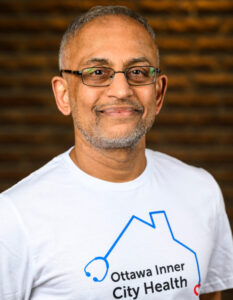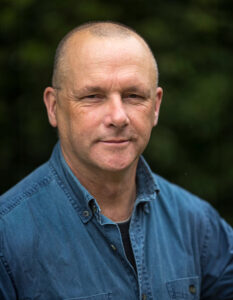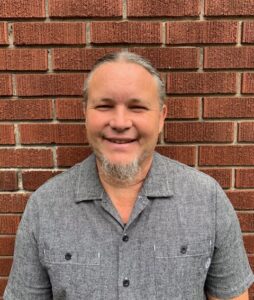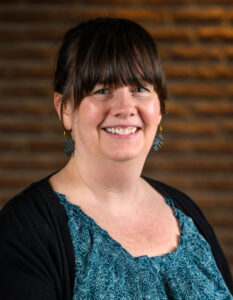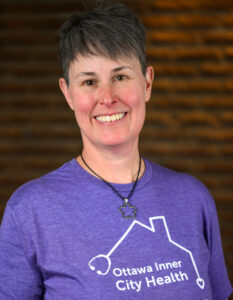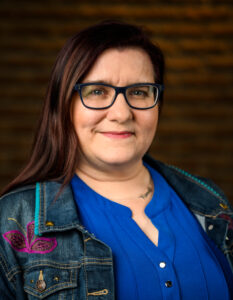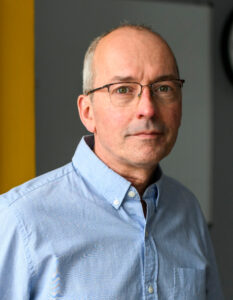
Connectedness
Welcome to our blog page where we will be sharing our perspectives with the hope of generating a broader understanding of the amazing people we serve and the joys and the challenges of the work we do. Each month we will be featuring perspectives from each of our different staff groups.
Substance use is a universal human experience. All over the world and throughout time people have taken psychoactive substances for pleasure or for ritual. We like the way that drugs make us feel, we like the way that they make us not feel, and most importantly, we like the way they help us to connect. From the cocktail party and going for a coffee to groups sharing a crack pipe or hanging out near a supervised consumption site, we are all after our hardwired need to interact with other human beings.
Most substance use is relatively non-risky (there is always some risk, but we are also hardwired to be risk takers!) and most people’s relationship with their substances is balanced with their natural connection to others through family groups, workmates, sports teams and gaming, social clubs etc.
A person’s relationship with drugs is typically reflective of their relationship to others, their culture, themselves and the environments in which they live.
Problems arise when instead of facilitating this connectedness, the substances become the connection as they hit those same pleasure and reward pathways in the brain that come from our relationships and the pleasures associated with joint activities.
While most substance use is non-problematic, a small percentage of people (about 10%) whose relationship with substances begins to interfere with their other relationships. Of those, the vast majority will recognize this on their own and simply rebalance their relationships on their own.
An even smaller number of people (about 20% of the 10%!) seek professional help to rebalance their connections with the goal of either changing their relationship with the drug that is causing the imbalance (managed use) or ending the relationship completely (abstinence).
Like any problematic relationship, it is difficult to change one’s relationship with drugs because there are many positive aspects along with the negative. It is difficult to change, especially if you lack multiple areas of connectedness rather than just one. A bank executive going through a divorce may find themselves drinking more to manage their anxiety or taking opioids to numb the pain, but because they have strong work relationships, obligations to their children or social commitments, less likelihood of developing a substance use disorder and a greater chance of achieving their recovery goals than someone who is lacking connectedness in multiple areas of their lives.
The people we serve through our programs at Ottawa Inner City Health have experienced multiple severe disruptions that have disconnected them from these critical relationships, creating intolerable psychological stress.
Childhood trauma, the cultural genocide of Indigenous people, regular experiences of structural oppression and racism, poverty, stigmatization and homelessness all increase the risks of individuals developing problematic relationships with whatever substances are available to them.
“Getting people off drugs” will not do anything unless we address the barriers they face to restoring relationships in all areas of their lives.
At OICH, we are treating the trauma, not the substance use. We do that through making or remaking connections. It starts with their connection with themselves and respecting and validating that they are the experts in what they need right now to function in their world and support their autonomy to make decisions.
Relationships formed with a peer worker, a nurse, doing a smudge or attending a country feast, a decision to have something treated, start a new medication, a chance to earn a bit of cash and help one’s community, getting involved in advocacy, kicking a soccer ball, moving from a shelter to a supportive housing unit—all of these things are aimed at either restoring or building first-time connectedness for people who have been severely disadvantaged through no fault of their own.
Finally, our goal is not abstinence, and our goal is irrelevant. We walk alongside people in their journey, no matter where it takes them. We don’t measure success by how far they go; we measure it by how far they have come and the obstacles they have overcome along the way.
In partnership,
Rob
